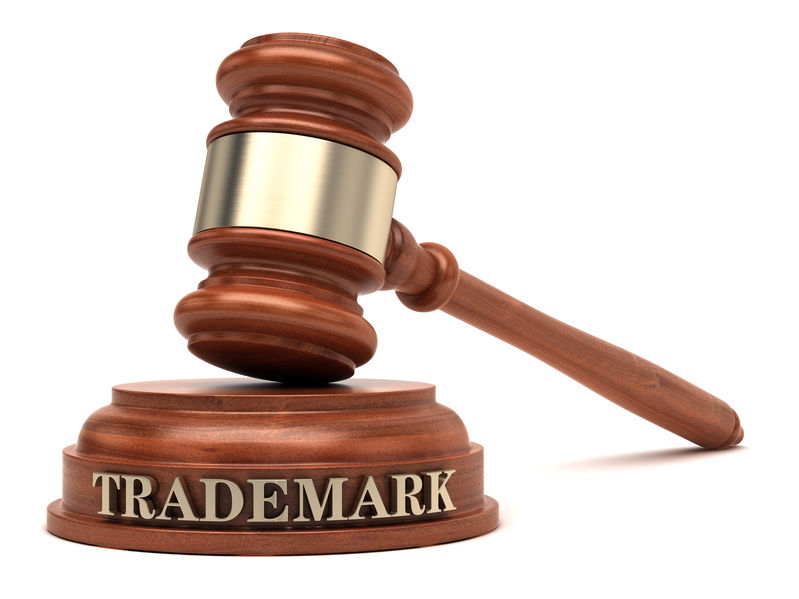Trademark infringement is the unauthorized use of another trademark or service mark (or a substantially similar mark) on competing or related goods and services. Trademark law protects a trademark owner’s exclusive rights to use a trademark when use of the mark by another would be likely to cause consumer confusion as to the source or origin of goods. The Lanham Act is the federal statute which governs trademarks. Trademarks are a critical element to a successful brand.
What is Trademark Infringement Examples?
Every business owner wants to avoid a costly and lengthy trademark infringement case. In recent news, high-profile trademark infringement cases have been filed. Notably, high profile celebrity, Kim Kardashian West, founder of KKW Beauty, is being sued for allegedly using a similar logo for her new KKW fragrance called “Vibes.” Vibes Media, a mobile marketing company, is suing the TV reality star for trademark infringement of their logo that was federally registered in 2012. Vibes Media alleges Kardashian West “has been marketing, promoting, and is now selling a Vibes perfume, that comes in a bottle that is a close facsimile of the registered vibes logo.” The Vibes Media logo resembles a blue speech bubble with the word “Vibes” written in white lowercase. The Kimoji “Vibes” perfumer series logo resembles a black speech bubble with “Vibes” written in a white uppercase font with a slight rainbow penumbra. Vibes Media is seeking damages, and an injunction to prevent the mogul from selling any more products as well as all the unsold perfumes so they can be destroyed. Kim Kardashian has been promoting her new perfume on various social media platforms.
Over in the state of Virginia, there is a trademark dispute that has put the state’s tourism office against a local business. The state has been using the slogan “Virginia is for Lovers” as a slogan to promote tourism in the state. Recently, Virginia state tourism officials noticed an online retailer using “Virginia is for Gun Lovers,” and they have now filed suit. Virginia Tourism Corp. is suing the Richmond-based retailer, Recovered Gold LLC, alleging trademark infringement and unfair competition. The complaint alleges that Recovered Gold’s use of the phrase will confuse consumers into thinking the products sold by the business are affiliated with the state.
What are the Elements of Trademark Infringement?
The test in a trademark infringement case is likelihood of confusion. U.S. courts use a list of several factors to determine likelihood of confusion. The factors are intended as a guide, and not all factors may be helpful in a particular case. The most common factors are: 1) the strength of the mark, meaning the stronger the senior user’s mark the greater the likelihood of confusion; 2) similarity of the marks, which means the more similar the marks are the greater the likelihood of confusion; 3) similarity of the products or services, meaning the more that the senior and junior user’s goods or services are related, the greater the likelihood of confusion; 4) likelihood that the senior user will bridge the gap, which means that the more probable it is that the senior user will expand into the junior user’s product area, the greater the likelihood of confusion; 5) bad faith, which comes into play when the junior user’s intent in adopting the mark was to purposefully cause confusion among consumers; and 5) evidence of actual consumer confusion, which is the strongest and most powerful evidence in a trademark infringement case. Other factors considered are the sophistication of the buyers, and the quality of the junior user’s products or services.








